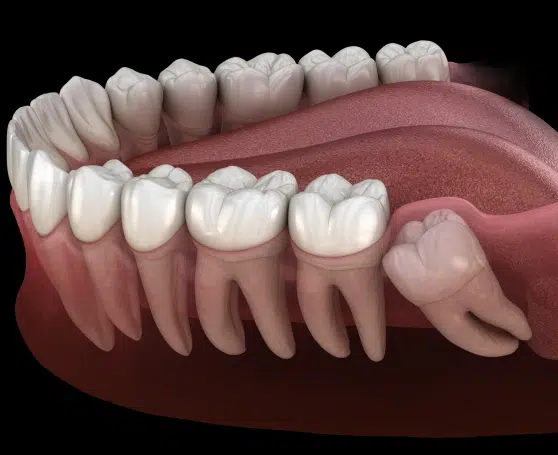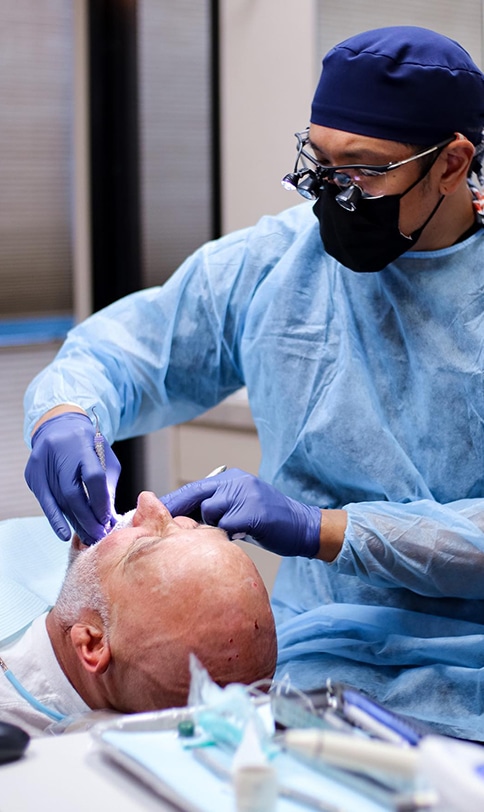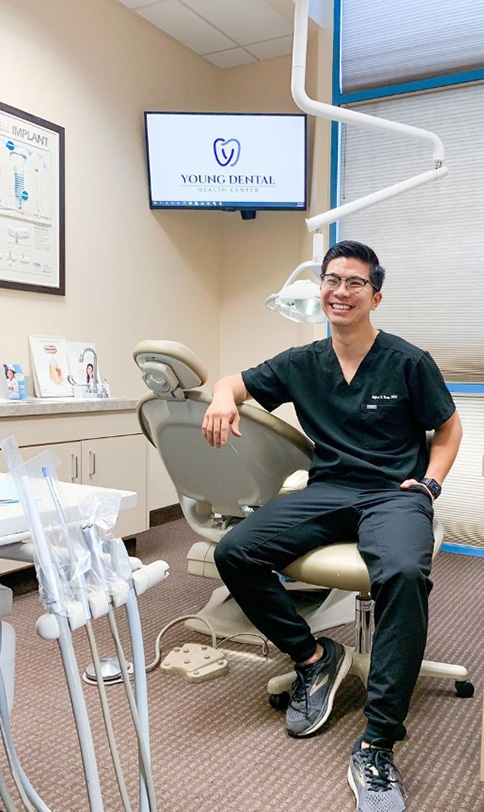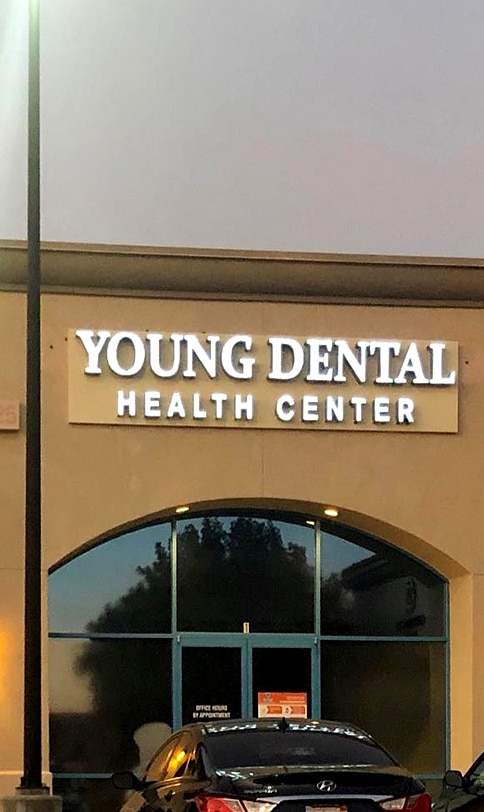E-mail Us

What Are Wisdom Teeth?
An impacted wisdom tooth occurs when the tooth is unable to fully emerge or grow in properly. This can happen for several reasons, such as lack of space in the jaw or being blocked by another tooth.
Common signs and symptoms of an impacted wisdom tooth include:
- Bad breath (halitosis)
- Pain or tenderness in the gums or jaw
- Headaches or jaw aches
- Swollen or bleeding gums
- Difficulty opening the mouth or limited jaw movement
Wisdom Tooth Extraction Made Simple at Young Dental Health Center
- Comfort First – Doctor will begin by administering either local or general anesthesia to completely numb the area. This ensures you stay relaxed and pain-free throughout the procedure.
- Gentle Removal – Once the area is fully numb, we’ll carefully separate the tooth from the surrounding gum tissue, allowing for a quick and gentle extraction.
- Healing Begins – After the tooth is removed, Doctor will place a few small stitches to close the area and promote proper healing.
Frequently Asked Questions
In some rare cases, wisdom teeth erupt normally and don’t cause any problems—these individuals may not need removal. However, for most people, there isn’t enough space in the jaw to allow proper eruption. This often leads to impaction or difficulty cleaning the teeth, which can result in complications like decay or gum disease.
It’s recommended that all young adults have their wisdom teeth evaluated by an oral or maxillofacial surgeon. During the consultation, a thorough exam and X-rays can help identify impaction, damage to nearby teeth, signs of infection, or potential issues with how the wisdom teeth are developing.






